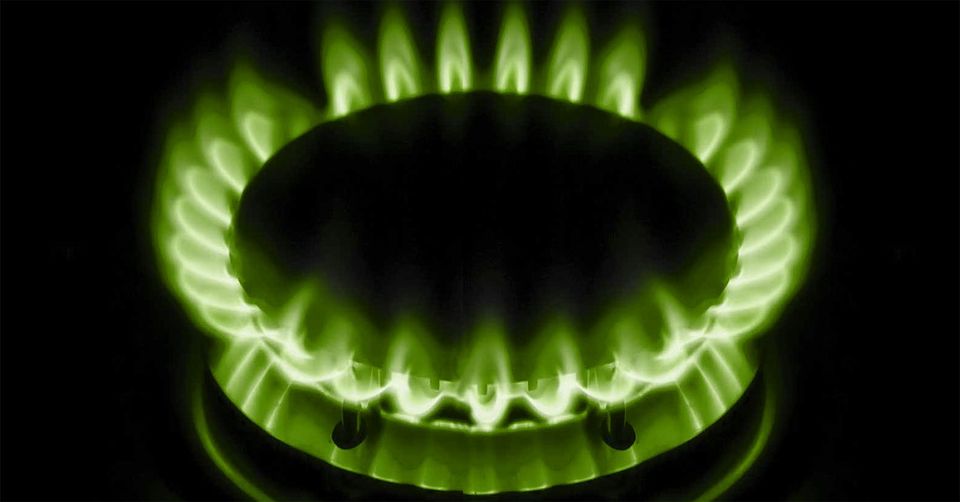Renewable Energy broke records in 2020 as Industry warns Household energy bills could be hiked to fund more green energy projects
Renewable power generated more electricity than fossil fuels for the first time in 2020, good news for the government’s climate change policies but industry experts are warning household energy bills will have to rise to keep the momentum going.

Covid-19 lockdowns main driver
Lots more to do to achieve targets
Analysts have said that more green technologies and schemes need to be deployed over the next few years for the UK to achieve its climate targets. Whilst renewables surpassed fossil fuel use in 2020, the headlines are deceiving.
The Covid-19 pandemic saw demand for energy plummet, the main factor allowing renewables to surpass fossil fuels for the first time.
When the pandemic inevitably ends, and the world returns to normal, demand will surge with many economists forecasting a Covid bounce back in the economy that will likely lead to a surge in demand as heavy industry and manufacturing get back on their feet.
“2020 saw Britain edge closer to the power system of the future with renewables generating more power than fossil fuels. Flexible technologies like pumped hydro storage kept the system stable as supply from renewables increased and power demand fell. The next steps we must take towards a net-zero power system will be more challenging – driving out the last sources of fossil carbon will require us to go beyond just having more wind and solar power.
“New business models, backed by policy and investment, will be needed to bring advanced-but-proven technologies into the mainstream. This means that the electricity used in homes, hospitals, offices and factories could even be carbon negative – sourced from a range of low, zero carbon and negative emissions technologies,” said Iain Staffell Lead author of the Drax report.
With those factors in mind, renewables are likely to fall back slightly and with the exceptionally cold winter and still air the likes of wind power become less reliable. More technologies such as nuclear, hydrogen and bioenergy need to be developed if the economy is to be sustainably supported by renewable energy.
Also read: Green Tariffs alone not enough to attract Environmentally minded consumers
Warning over household bill increases
The director of energy futures at Scotia Gas Networks, Gus McIntosh has warned MPs that household heating bills could soar to fund green energy projects.
The government is planning to introduce the Green Gas Levy onto energy bills to support more biomethane production a move that will see consumers having to pay a flat rate rather than being just charged for the energy they use. Critics of the scheme have labelled it as deeply unfair and punishing for those on low incomes.
Also read: Energy Suppliers announce opposition to Green Gas Levy plans
McIntosh suggested that similar levies to those put on electricity bills could be mirrored to gas bills to subsidise the shift to renewable heating such as more heat pumps and biomethane.
“I think you could mirror that on the gas side. If gas customers are paying for it as the polluter, they would then get the benefit of that decarbonisation through the gas system, and I think that’s quite a good model.
Regulatory models are a good way of attributing cost between current and future customers over a significant period of time. So regulatory asset base models is something that should be considered as to how to apportion that cost going forward.” Mcintosh said.
There is considerable debate about whether energy policy costs should be added to household bills or recouped through general taxes.
As we get closer to the first of several of the big green targets set out by the government, we can expect this debate to increase in intensity and no doubt see consumer groups pushing back against plans that would see consumers burdened with higher energy bills.
Further Reading
How to convince consumers to switch to a smaller energy supplier
Ofgem Hikes Energy Price Cap raising Energy Bills to pre-pandemic levels
How should Energy Suppliers explain Energy Bill Increases?
Dyball Associates are proud to help new supply businesses successfully launch in the UK market.
Through our energy market consultancy services, and the software we've developed, we're supporting new UK electricity and gas suppliers get set up and start supplying.




